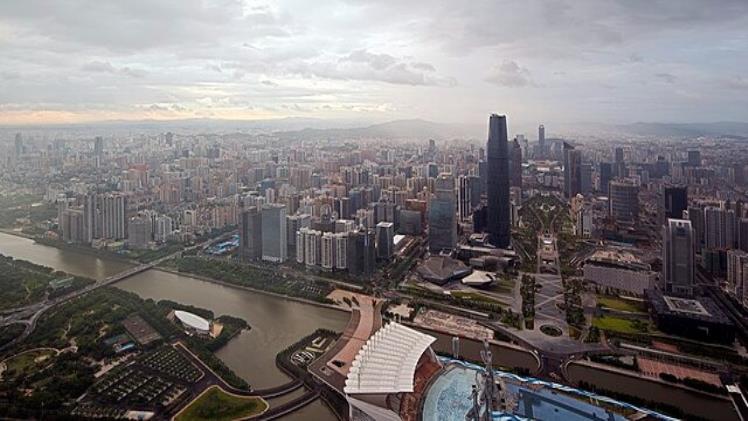Urbanization is reshaping the global landscape, with more than half the world’s population living in cities. This unprecedented demographic shift is transforming the physical environment and reshaping political dynamics at local, national, and global levels. The impact of urban growth on politics is multifaceted, influencing governance structures, electoral outcomes, policy priorities, and social movements. By examining the complex interplay between urbanization and politics, we can gain insights into the evolving nature of power, representation, and participation in the urban age.
Rise of Urban Political Power
The rise of urban political power accompanies urbanization as cities increasingly assert their influence on national and global affairs. Urban areas serve as economic engines, cultural hubs, and innovation centres, attracting investment, talent, and resources. Consequently, mayors and local officials wield significant political clout, shaping policies and agendas that affect millions of residents.
Moreover, urbanization fosters vibrant civil societies, grassroots movements, and advocacy groups that mobilize around housing, transportation, environment, and social justice issues. These urban social movements pressure policymakers, challenge established power structures, and drive progressive change on local and national levels.
Electoral Dynamics and Political Representation
Urban growth has profound implications for electoral dynamics and political representation. Cities are often bastions of diversity, where different ethnic, racial, religious, and socioeconomic groups coexist and interact. As such, urban areas are fertile ground for political mobilization, coalition-building, and identity-based politics.
Electorally, cities tend to be more liberal and progressive-leaning compared to rural areas, reflecting demographic trends, socioeconomic disparities, and cultural attitudes. This urban-rural political divide shapes electoral outcomes, party politics, and policy agendas, influencing debates on issues such as immigration, healthcare, and environmental protection.
Policy Priorities and Governance Challenges
Urbanization also influences policy priorities and governance challenges as cities grapple with the complexities of managing growth, addressing inequality, and ensuring sustainability. Urban policymakers must navigate competing interests, limited resources, and diverse stakeholder demands while striving to deliver essential services, infrastructure, and public goods to growing populations.
Challenges such as affordable housing, transportation congestion, environmental degradation, and social exclusion require innovative policy solutions that transcend traditional boundaries and engage stakeholders across sectors and government levels. Collaborative governance models, participatory planning processes, and data-driven decision-making are essential for addressing urban challenges and fostering inclusive, resilient cities.
Global Urban Diplomacy
At the global level, urbanization is driving the emergence of global urban diplomacy as cities forge networks, partnerships, and alliances to address common challenges and seize opportunities for collaboration. City-to-city cooperation on climate change, migration, and economic development enables cities to exchange best practices, share knowledge, and leverage collective action to achieve shared goals.
Platforms such as the C40 Cities Climate Leadership Group, United Cities and Local Governments (UCLG), and the Global Parliament of Mayors (GPM) provide avenues for urban leaders to engage in international dialogue, advocacy, and capacity-building, amplifying cities’ voices and agencies on the global stage.
Conclusion: Embracing Urban Political Dynamics
In conclusion, the impact of urban growth on political dynamics is profound and far-reaching, shaping governance structures, electoral outcomes, policy priorities, and global diplomacy. As cities continue to grow and evolve, policymakers, urban planners, and civil society actors need to embrace the complexity of urban political dynamics and harness the transformative potential of cities as engines of change and innovation. By fostering inclusive, participatory, and responsive urban governance, we can build more equitable, sustainable, and resilient cities that empower all residents to thrive in the urban age.

